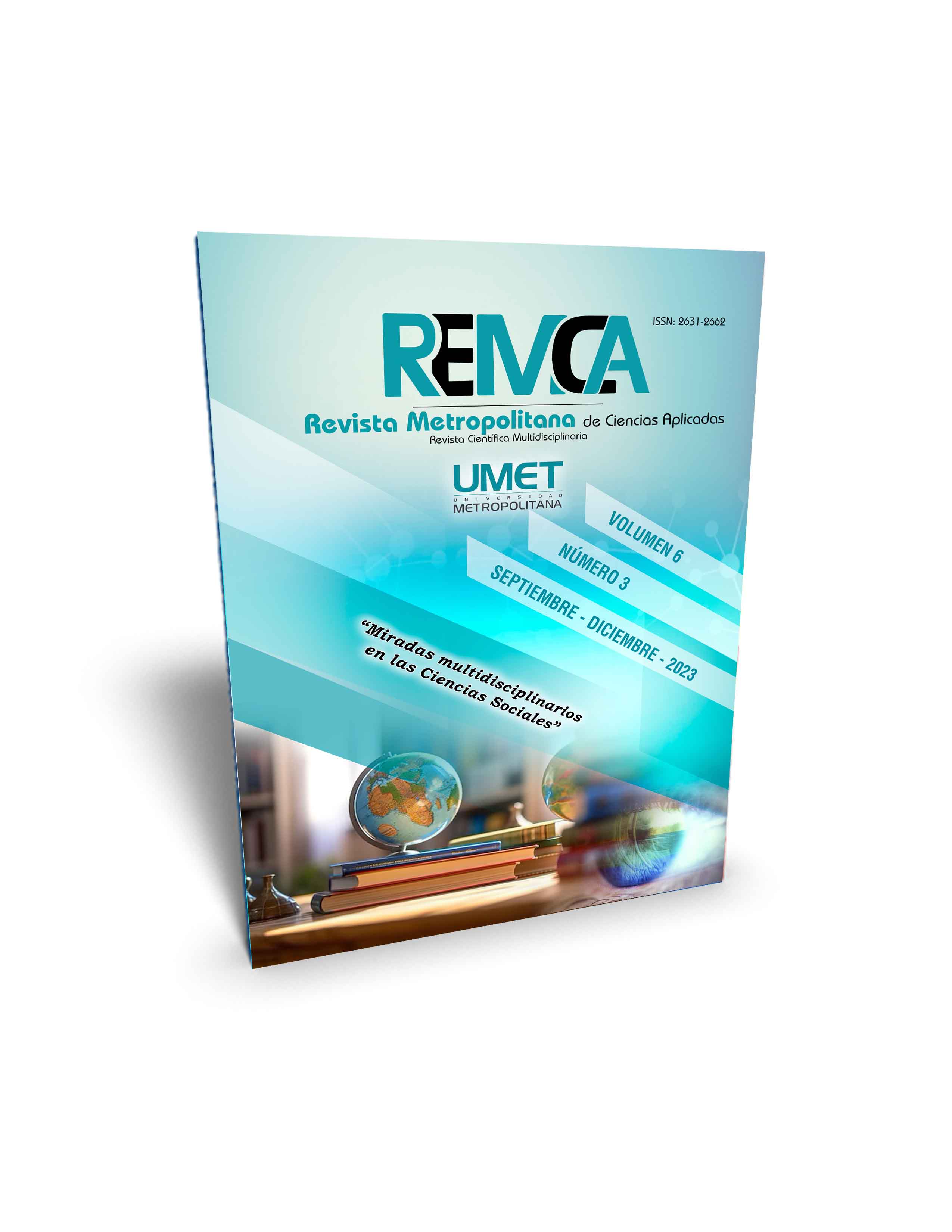Dance and the formation process in Colombia
DOI:
https://doi.org/10.62452/tjzpf480Keywords:
School, politics, culture, dance, transformation, societyAbstract
The essay addresses the role of dance in the formative process. The teaching of these contents in the school curriculum has the sole purpose, that more than being seen as a discipline in the artistic field, it becomes a strategy for comprehensive training, thought of students, and that it also becomes a support tool. for the formal process and compliance with the academic completion. This analysis is raised with young people from Public Education Institutions; aimed at knowing the concept of training from the cultural point of view, seeking to gather their concerns, thinking about the construction of subjects that contribute, that take ownership of the organizational processes and get involved in social transformation, at a time when society becomes debate in the midst of violence and the high concentration of capital, which gives rise to high levels of inequality, mainly affecting young people and considerably reducing their chances of a favorable future.
Downloads
References
Blanco, R. (2007). Educación y calidad para todos. Astorga.
Braxton, J.M., Sullivan, A.V., & Johnson, R.M. (1997). Appraising Tinto’s theory of college student departure. En, J.C. Smart (Ed.), Higher education: Handbook of theory and research (vol. XII). (p. p107-164). Agathon Press.
Colombia. Ministerio de Educación Nacional. (2019). Colombia. Educación para el trabajo y el desarrollo humano. MEN.
Díaz Gómez, Á. (2009). Sara Victoria Alvarado. La producción de conocimientos sobre subjetividad política desde los jóvenes: aportes conceptuales y metodológicos. Cuadernos del CENDES, 26(70),127-140.
Freire, P. (1999). Pedagogía de la esperanza. Un reencuentro con la pedagogía del oprimido. Editorial Siglo XXI.
Freire, P. (2011). La educación transformadora. Aguilar.
Freire, P. (2014). Pedagogía de la autonomía: Saberes necesarios para la práctica educativa. Siglo XXI de España Editores, S.A.
Himmel, E. (2002). Modelo de análisis de la deserción estudiantil en la educación superior. Calidad en la Educación, (17), 91-108.
Ibarra Martínez, B. N., Platicón Olaya, F., & Vallecilla Asprilla, J. (2016). El papel pedagógico de la danza a partir de la experiencia del grupo. (Tesis de maestría). Universidad Católica de Manizales.
Martínez, M., Esteban, F., Jover, G., & Payá, M. (2016). La educación, en teoría. Síntesis.
Pikkety, T. (2019). El capital y la ideología. Éditions du Seuil.
Saldaña, M., McGregor, S., & Gil de Zúñiga, H. (2015). European Public Sphere| Social Media as a Public Space for Politics: Cross-National Comparison of News Consumption and Participatory Behaviors in the United States and the United Kingdom. International Journal Of Communication, 9, 23.
Tinoco, L. (2018). Innovación educativa. Repositori UJI.
Zemelman, H. (2009). Desafíos de lectura en América Latina. Cerezo editores.
Downloads
Published
Issue
Section
License
Copyright (c) 2023 Aracelly Lorena Ibarra-Eraso (Autor/a)

This work is licensed under a Creative Commons Attribution-NonCommercial-ShareAlike 4.0 International License.
Authors who publish in Revista Metropolitana de Ciencias Aplicadas (REMCA), agree to the following terms:
1. Copyright
Authors retain unrestricted copyright to their work. Authors grant the journal the right of first publication. To this end, they assign the journal non-exclusive exploitation rights (reproduction, distribution, public communication, and transformation). Authors may enter into additional agreements for the non-exclusive distribution of the version of the work published in the journal, provided that acknowledgment of its initial publication in this journal is given.
© The authors.
2. License
The articles are published in the journal under the Creative Commons Attribution-NonCommercial-ShareAlike 4.0 International License (CC BY-NC-SA 4.0). The terms can be found at: https://creativecommons.org/licenses/by-nc-sa/4.0/deed.en
This license allows:
- Sharing: Copying and redistributing the material in any medium or format.
- Adapting: Remixing, transforming, and building upon the material.
Under the following terms:
- Attribution: You must give appropriate credit, provide a link to the license, and indicate if any changes were made. You may do this in any reasonable manner, but not in any way that suggests the licensor endorses or sponsors your use.
- NonCommercial: You may not use the material for commercial purposes.
- ShareAlike: If you remix, transform, or build upon the material, you must distribute your creation under the same license as the original work.
There are no additional restrictions. You may not apply legal terms or technological measures that legally restrict others from doing anything the license permits.




